The Pacific Islands, scattered across the world's largest ocean, are home to some of the most intricate and culturally significant kinship systems known to anthropology. Unlike the relatively straightforward nuclear family structures common in Western societies, Pacific Island kinship systems often reflect complex social hierarchies, communal living arrangements, and deep spiritual connections to land and ancestry. These systems are not merely about biological relationships but serve as the foundation for social organization, resource distribution, and even political power.
At the heart of Pacific Island kinship lies the concept of extended family networks. In many Polynesian cultures, for instance, the term "whānau" in Māori or "aiga" in Samoan encompasses not just parents and children but also grandparents, cousins, and even distant relatives who share ancestral ties. This broad definition of family creates a web of obligations and support that extends far beyond the nuclear unit. When a child is born, they may be raised by multiple caregivers across different households, with aunts and uncles often taking on parental roles as naturally as biological parents would.
The Melanesian region presents particularly fascinating variations in kinship terminology. In Vanuatu's matrilineal societies, for example, inheritance and clan membership follow the mother's line, creating kinship structures where uncles on the maternal side hold significant authority. The Bislama term "brata" might refer to biological brothers but could equally apply to male cousins or close friends who have been ceremonially adopted into the family. This fluidity of terms reflects the cultural emphasis on social bonds over strict biological connections.
Micronesian kinship systems often incorporate intricate classificatory systems that would seem foreign to Western observers. On Yap Island, the complex "tabinau" system dictates not only familial relationships but also land ownership and political alliances. A single term might refer to all male relatives of one's father's generation, collapsing what English would distinguish as uncles, great-uncles, and cousins into a single category based on generational standing rather than degree of relation. This linguistic economy reveals much about which distinctions matter most in these cultures.
What makes Pacific kinship systems particularly remarkable is how they adapt to contemporary realities while maintaining traditional values. Urbanization and migration have transformed family structures, yet many islanders maintain strong connections to their kinship networks through remittances, regular visits, and digital communication. The Fijian concept of "vanua," which ties people to their land through ancestral connections, continues to shape identity even among diaspora communities living thousands of miles from their ancestral homes.
The spiritual dimensions of Pacific kinship often go unnoticed in Western analyses. In many island cultures, ancestors are considered active members of the kinship network, with living descendants maintaining relationships with them through rituals, dreams, and oral traditions. The Hawaiian "ʻohana" system, popularized globally through media, actually contains deep spiritual layers where ancestors ('aumakua) serve as family guardians. This blending of the physical and spiritual worlds in kinship structures creates a continuity of identity that stretches both backward and forward through time.
Contemporary challenges including climate change, globalization, and political shifts are testing these ancient kinship systems. Rising sea levels threaten the very lands that anchor many kinship networks, while Western legal systems increasingly conflict with traditional kinship-based land tenure. Yet throughout the Pacific, communities are finding innovative ways to preserve their kinship traditions while adapting to modern realities. From incorporating kinship principles into national constitutions to developing digital platforms for maintaining extended family connections across oceans, Pacific Islanders continue to demonstrate the resilience and adaptability of their unique social structures.
Understanding these kinship systems requires moving beyond simple translations of terms and recognizing the holistic worldview they represent. Where Western thought might prioritize the individual, Pacific kinship systems emphasize interconnectedness - between people, between generations, and between humans and their environment. This fundamental difference in perspective offers valuable insights not just for anthropologists, but for anyone seeking alternative models of social organization in an increasingly fragmented world.

By Lily Simpson/Apr 19, 2025

By Christopher Harris/Apr 19, 2025

By Olivia Reed/Apr 19, 2025

By Laura Wilson/Apr 19, 2025

By Emma Thompson/Apr 19, 2025

By Olivia Reed/Apr 19, 2025
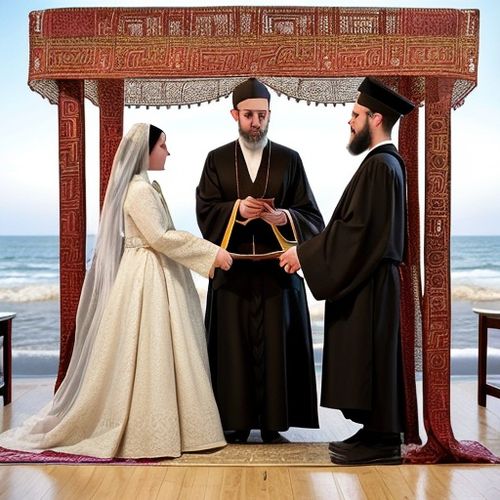
By Noah Bell/Apr 19, 2025
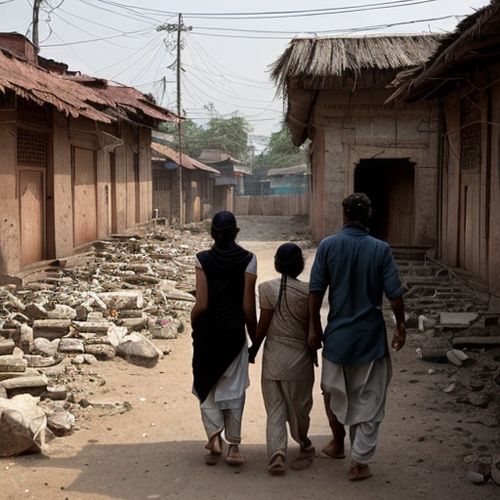
By James Moore/Apr 19, 2025
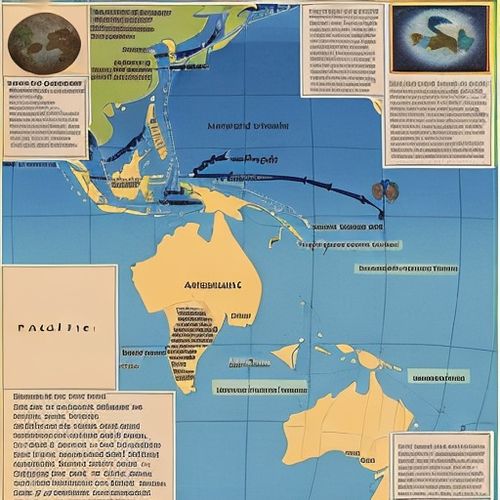
By Elizabeth Taylor/Apr 19, 2025
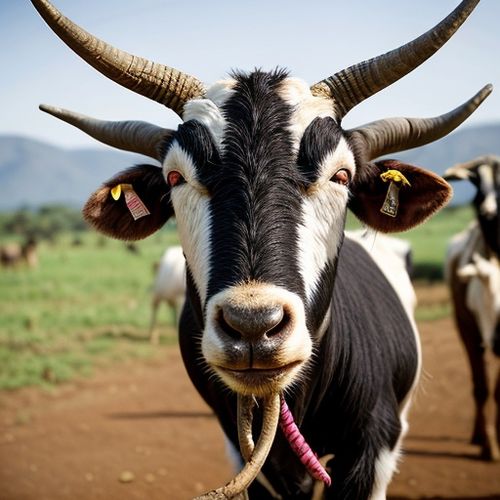
By John Smith/Apr 19, 2025

By Olivia Reed/Apr 19, 2025
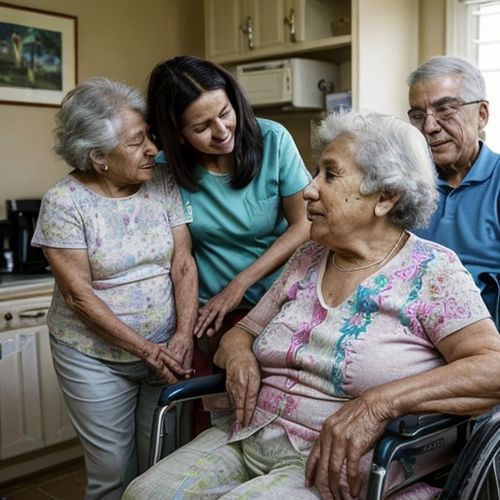
By Lily Simpson/Apr 19, 2025
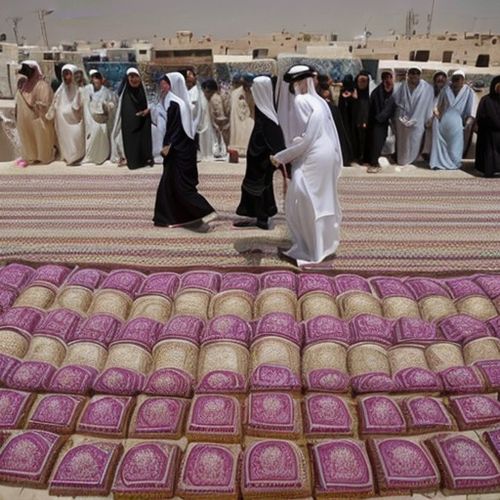
By Joshua Howard/Apr 19, 2025

By William Miller/Apr 19, 2025
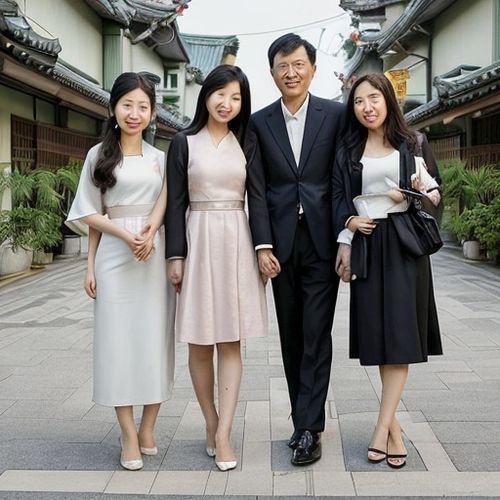
By Eric Ward/Apr 19, 2025

By Lily Simpson/Apr 19, 2025
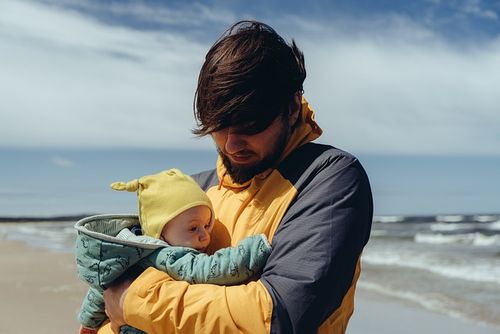
By James Moore/Dec 23, 2024

By David Anderson/Dec 23, 2024